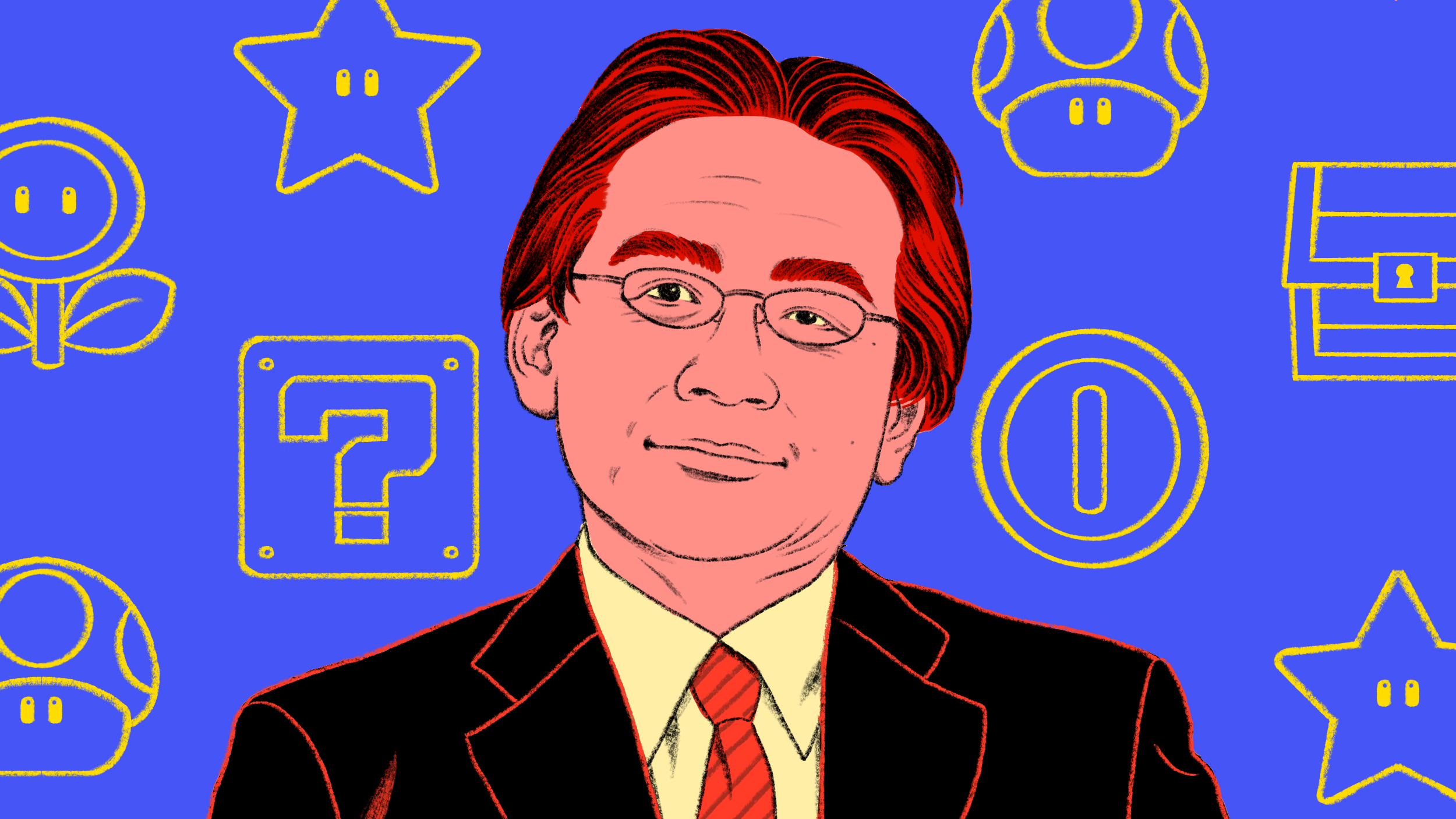Amy Edmondson, a professor at Harvard Business School, explores the concept of failure and its connection to success. She challenges our prevailing cultural belief that success requires avoiding failure altogether and instead suggests that failing is a natural part of the path forward.
Amy also shares her three types of failure and outlines four criteria for failing smarter.
EDMONDSON: I came to study failure to try to figure out what determines success. There is a deep-rooted belief in our culture that success means never failing. That failure's unacceptable, that if I fail, it means there's something wrong with me. Of course, that's nonsense. We all make mistakes, and failure is part of the journey towards success.
My name is Amy Edmondson, and I am the Novartis Professor of Leadership and Management at Harvard Business School. My most recent book is called "Right Kind of Wrong: The Science of Failing Well." I identify three archetypes of failure, and only one of them is the good kind.
The first kind, basic failure. A basic failure is something in known territory where a simple error led to the failure. Sometimes that failure is small.
SEINFELD: "That's tomato juice."
KRAMER: "No big deal."
EDMONDSON: Sometimes it's enormous. A Citibank employee accidentally transferred $900 million instead of the 8 million that they were supposed to transfer to a client. Big, huge failure, simple mistake.
I define complex failure as a failure with multiple causes. It's a kind of perfect storm. Supply chain breakdowns during a global pandemic would be an example of complex failures, multiple factors from workers not being able to come to work because they were ill, weather patterns, government leaders' decisions, all of those factors coming together, creating this massive breakdown.
Intelligent failure is the right kind of wrong. It's where new knowledge and discovery come from. Intelligent failures are essentially the results of an experiment, and there are four criteria for calling a failure intelligent.
Criterion number one: it's in new territory. We don't yet have the knowledge we need to produce a success. Criterion two: it is in pursuit of a goal, whether that's learning a new sport or discovering a new molecule. Number three: it's hypothesis-driven. You've done your homework. It's not randomly trying things to see if anything works. And number four: the failure is as small as possible, just big enough to learn from. It means we don't waste resources.
Whereas I am in favor of minimizing the basic failures and I am in favor of trying to catch and correct all the problems that lead to complex failures, I think it's a good idea to have more intelligent failures.
If you want to have more intelligent failures in your life, in your work, essentially, you have to think like a scientist. They have trained themselves to not just tolerate failure but to really welcome the lessons that each failure brings. Most scientists, when they're on the leading edge of their craft, they are hypothesizing something that's never been shown before. So they understand that there's a very real likelihood that they will be wrong.
SCIENTIST ONE: "Uh oh."
SCIENTIST TWO: "You did it again."
SCIENTIST ONE: "Gee, what a mess."
EDMONDSON: They're testing something, and if they were wrong, they are a step closer to making a real big discovery. Now, you could be experimenting with a new hairstyle or you could be experimenting with a chemical compound, but you're going to experiment with something that you're not 100% sure will work.
Here's some questions you need to ask yourself. What is it I'm really hoping to do? What's the progress I'd really love to make? What do I know currently about how to achieve that goal? What do I not know? That's a gap that you now want to figure out how to close. So then you ask yourself, what might I try next to see what will happen?
Now, it is never a good idea to conduct experiments in highly risky environments. So for example, in aviation, you learn and experiment with new moves in a simulator, not in a real flight with real passengers. In healthcare, the same is true. We experiment in the lab, we don't experiment at the bedside. So intelligent failures can really only happen in situations where the stakes are medium to low.
One of the things that holds us back from taking risks, from experimenting is that we erroneously think the stakes are too high. We think if we get it wrong, it'll be awful when in reality, if we get it wrong, it's just wrong. Sometimes it's inconvenient. It's almost always disappointing, but it's not awful. It's just new knowledge. So we have to remind ourselves of the true rational-stakes of a situation. Low-stakes might be, "Ah, someone might laugh at us or disagree with us." Who cares, right? So you remind yourself that those things really don't matter and should not hold you back.
JULIA CHILD: "I'm going to learn."
Julia Child, the famous chef, would often have a mistake during her show as she's cooking an omelet or baking a chicken and something would go wrong, and she would just laugh and say.
CHILD: "Well, that didn't go very well. See, when I flipped it, I didn't have the courage to do it the way I should have. But you can always pick it up, and if you're alone in the kitchen, who is going to see?"
EDMONDSON: She rightly coded the situation of being on a national television program, cooking an omelet as low stakes, but it is. It's just an omelet. Who cares if it falls on the counter? Whereas, I think most of us would inaccurately code that situation as just catastrophic if we made a mistake like that in front of such a large audience.
It is natural to want to avoid failure. But when we avoid failure, we also avoid discovery and accomplishment. The only way to succeed in any endeavor worth trying is to be willing to experiment, to try new things, knowing full well that many of them will yield failures. We have to embrace those kinds of failures because that's where great advances and even joy come from.







